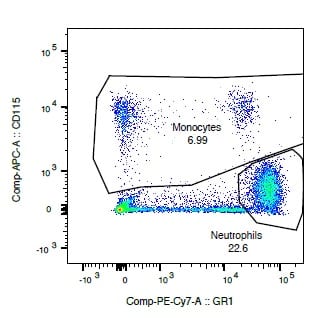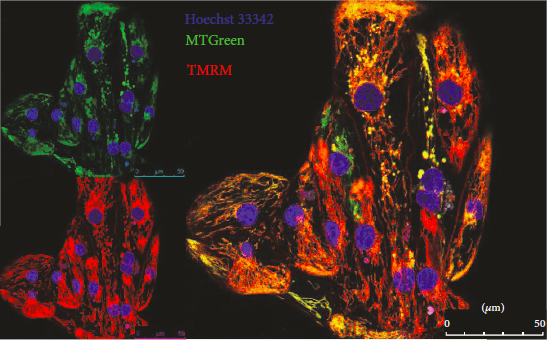Energy metabolism is extremely robust in the heart. An adult human heart has the highest oxygen uptake rate in the body (~0.1ml O2/g/min at basal conditions); it generates and consumes (turnover) about 6 Kg of ATP daily, 15-20 times its own weight. Metabolic reprogramming has been recognized as integral of the pathological remodeling which ultimately leads to heart failure. In addition to its energetic impact, we recently demonstrated that metabolic reprogramming is required for the development of pathological hypertrophy. Our studies aim at identifying and disrupting the molecular mechanisms linking the remodeling of glucose, lipid, and amino acid metabolism to the signaling pathways leading to pathological growth of the cardiac myocytes.
Related Publications:
Cardiac Metabolism and its Interactions with Contraction, Growth, and Survival of Cardiomyocytes.
Kolwicz, SC. jr., Purohit, S., Tian, R., Circl Res. 2013 Aug 16; 113(5):603-16 doi: 10.1161/CIRCRESAHA.113.302095.
Li, Cell Metabolism 2017;
Glucose Promotes Cell Growth Through Branch Chain Amino Acids
Shao, Nat Commun 2018





